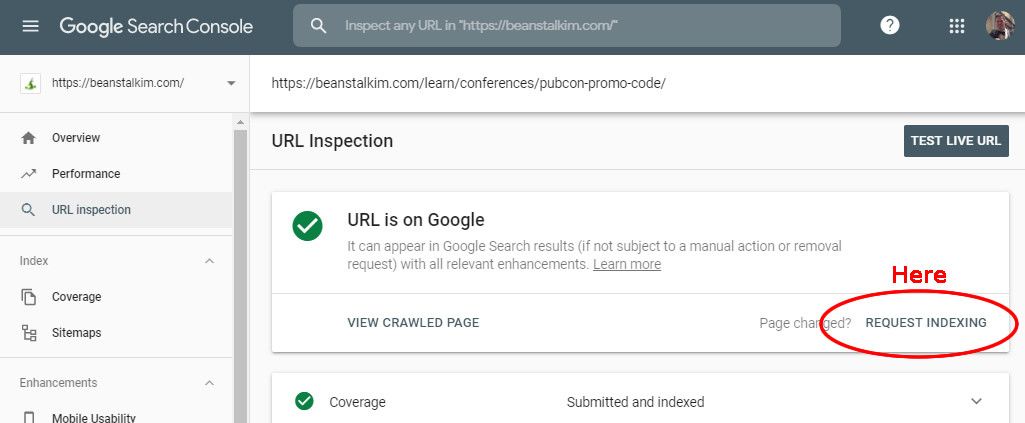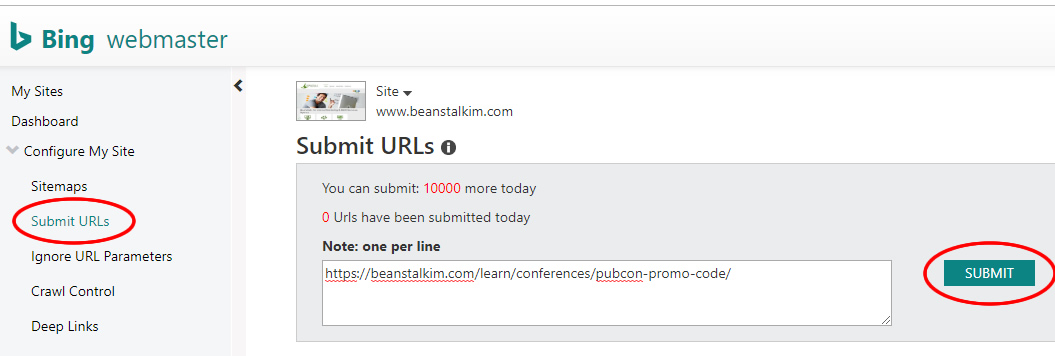Optimizing websites without the need of very first knowing how lookup engines purpose is akin to publishing your wonderful novel with out initially learning how to generate.
Absolutely, a thousand monkeys at typewriters will sooner or later build something valuable (at the very least this monkey likes to consider he does from time to time), but it is a whole lot a lot easier if you know the core components of a activity beforehand.
So we ought to fully grasp how research engines function to thoroughly fully grasp how to improve for them.
Though we will be concentrating on organic lookup, we have to 1st briefly converse about a single vital truth of the matter about look for engines.
Compensated Research Success
Not Google, not Bing, nor any other main lookup engine is in the business of giving natural and organic listings.
That is to say, natural final results are the usually means to an conclusion, but do not directly deliver earnings for them.
Without the need of natural and organic look for success, Google’s paid out search results would appear much less applicable (Overture any person?), thus lowering eyeballs and paid clicks.
Mainly, Google and Bing (and the others) are promotion engines that come about to draw users to their qualities with natural listings. Natural, then, is the implies to the stop.
Why does this subject?
It is the crucial place driving in:
- Their layout alterations.
- The existence of research features like knowledge panels and featured snippets.
- The click on-by means of rates (CTR) of natural and organic results.
When Google adds a fourth compensated search outcome to professional-intent queries it is for the reason that of this.
When Google displays a highlighted snippet so you don’t have to go away Google.com to get an remedy to your query… it is because of this.
Regardless of what change you may see having put it’s critical to preserve this in thoughts and often problem not just what it will effects right now but what additional variations do they imply may possibly be on the horizon.
How Research Engines Function Now: The Series
Alright, now that we have that baseline understanding of why Google even provides natural and organic benefits let’s seem at the nuts-and-bolts of how they work.
To execute this we’re likely to appear at:
- Crawling and indexing
- Algorithms
- Machine discovering
- User intent
This piece will aim on indexing. So let us dive in…
Indexing
Indexing is wherever it all starts.
For the uninitiated, indexing effectively refers to the adding of a webpage’s material into Google.
When you build a new website page on your internet site there are a amount of approaches it can be indexed.
The most straightforward strategy of finding a site indexed is to do definitely almost nothing.
Google has crawlers next one-way links and so, supplied your site is in the index already and that the new content is connected to from inside of your internet site, Google will inevitably find out it and add it to its index. Much more on this later on.
But what if you want Googlebot to get to your web page a lot quicker?
This can be important if you have timely information or if you have designed an important alter to a web page you require Google to know about.
Just one of the leading explanations I use quicker techniques is when I have both optimized a essential website page or I’ve adjusted the title and/or description to increase simply click-throughs and want to know particularly when they were picked up and shown in the SERPs to know exactly where the measurement of improvement starts off.
In these situations there a handful of additional techniques you can use:
1. XML Sitemaps
There are often XML sitemaps.
In essence, this is a sitemap that is submitted to Google through Research Console.
An XML sitemap offers look for engines a listing of all the webpages on your web site, as perfectly as more information about it, this sort of as when it was very last modified.
Absolutely proposed!
But when you need a webpage indexed instantly it is not significantly responsible.
2. Ask for Indexing
In Research Console, you can “Request Indexing”.
You begin by clicking on the best search industry which reads by default, “Inspect and URL in area.com”
Enter the URL you want to be indexed, then hit Enter.
If the site is presently known to Google you will be offered with a bunch of data on it. We will not get into that here but I suggest logging in and observing what is there if you haven’t currently.
The crucial button, for our applications in this article, seems no matter whether the webpage has been indexed or not – meaning that it’s very good for information discovery or just requesting Google to understand a current change
You’ll discover the button …

Inside of a handful of seconds to a couple of minutes, you can research the new content or URL in Google and uncover the modify or new material picked up.
3. Host Your Information On Google
Crawling web sites to index them is a time and source-consuming approach.
One particular alternative is to host your material directly with them.
This can be accomplished a couple distinctive methods but most of us (myself bundled) have not adopted the systems or strategies necessary and Google has not pushed us to them.
We’re seeing the means to give Google direct access to our material via XML feeds, APIs, and many others. and unplug our information from our structure.
Firebase, Google’s mobile application system, offers Google direct accessibility to the application content, bypassing any need to figure out how to crawl it.
This is the potential – enabling Google to index information straight away, with out effort and hard work, so it can then serve it in the structure most usable primarily based on the accessing technological know-how.
While we aren’t fairly the place we have to have to be in our technologies to worry too substantially about this facet of items, just know it is coming.
I are unable to endorse ample subsequent Cindy Krum’s MobileMoxie weblog, the place she discusses these and cell-linked subjects in good detail and with good insight.
4. And Bing, Way too!
To get your content indexed and/or updates quickly by Bing, you will need a Bing Webmaster Resources account.
If you do not have a person, I can not suggest it plenty of. The data supplied within just is considerable and will support you improved assess challenge places and increase your rankings on Bing, Google and wherever else – and most likely provide a superior user practical experience as very well.
But for obtaining your content indexed you merely will need click: Configure My Site > Post URLs
From there you enter the URL(s) you want indexes and click on “Submit”.

So – that is just about every little thing that you require to know about indexing and how look for engines do it (with an eye towards exactly where matters are going).
Crawl Funds
We just cannot definitely converse about indexing without the need of conversing about crawl spending budget.
Fundamentally, crawl spending plan is a time period employed to describe the quantity of resources that Google will expend crawling a website.
The finances assigned is based on a mixture of aspects, the two central kinds becoming:
- How rapid your server is (i.e., how significantly can Google crawl devoid of degrading your consumer encounter).
- How essential your web-site is.
If you operate a major information web site with continuously updating information that lookup motor people will want to be aware of your site will get crawled regularly (dare I say … continually).
If you run a small barbershop, have a couple of dozen one-way links, and rightfully are not considered significant in this context (you may perhaps be an important barber in the place but you’re not critical when it will come to crawl budget) then the spending plan will be minimal.
You can read through far more about crawl budgets and how they are established in Google’s explanation listed here.
Discover How Lookup Engines Do the job
Want to improve your site the ideal way and set your self up for achievement? Then it is important to know how lookup engines work nowadays.
Penned by this author, How Search Engines Work, tackles how search engines functionality and the crucial things that affect look for motor effects pages.
Obtain it right here.




